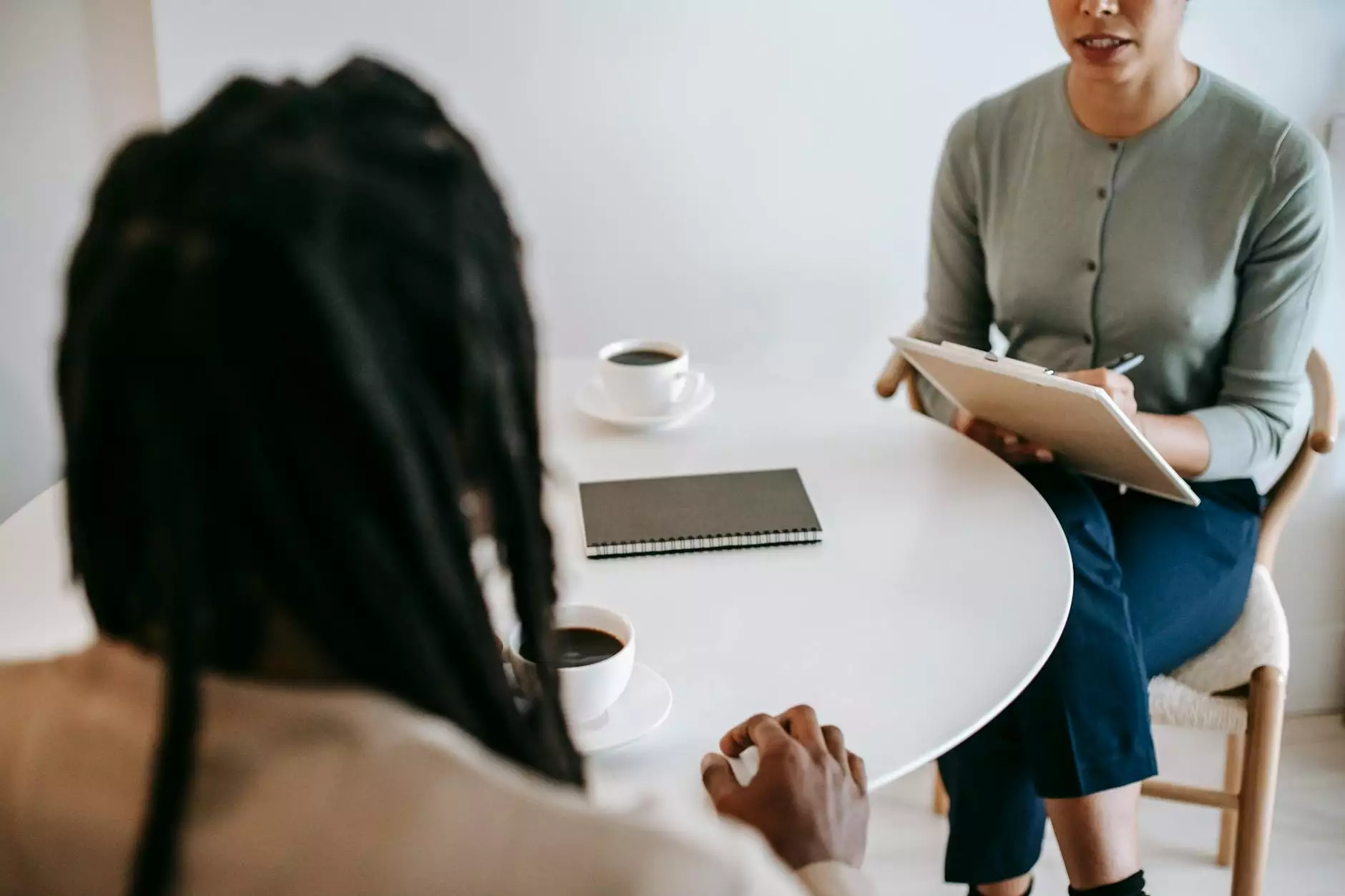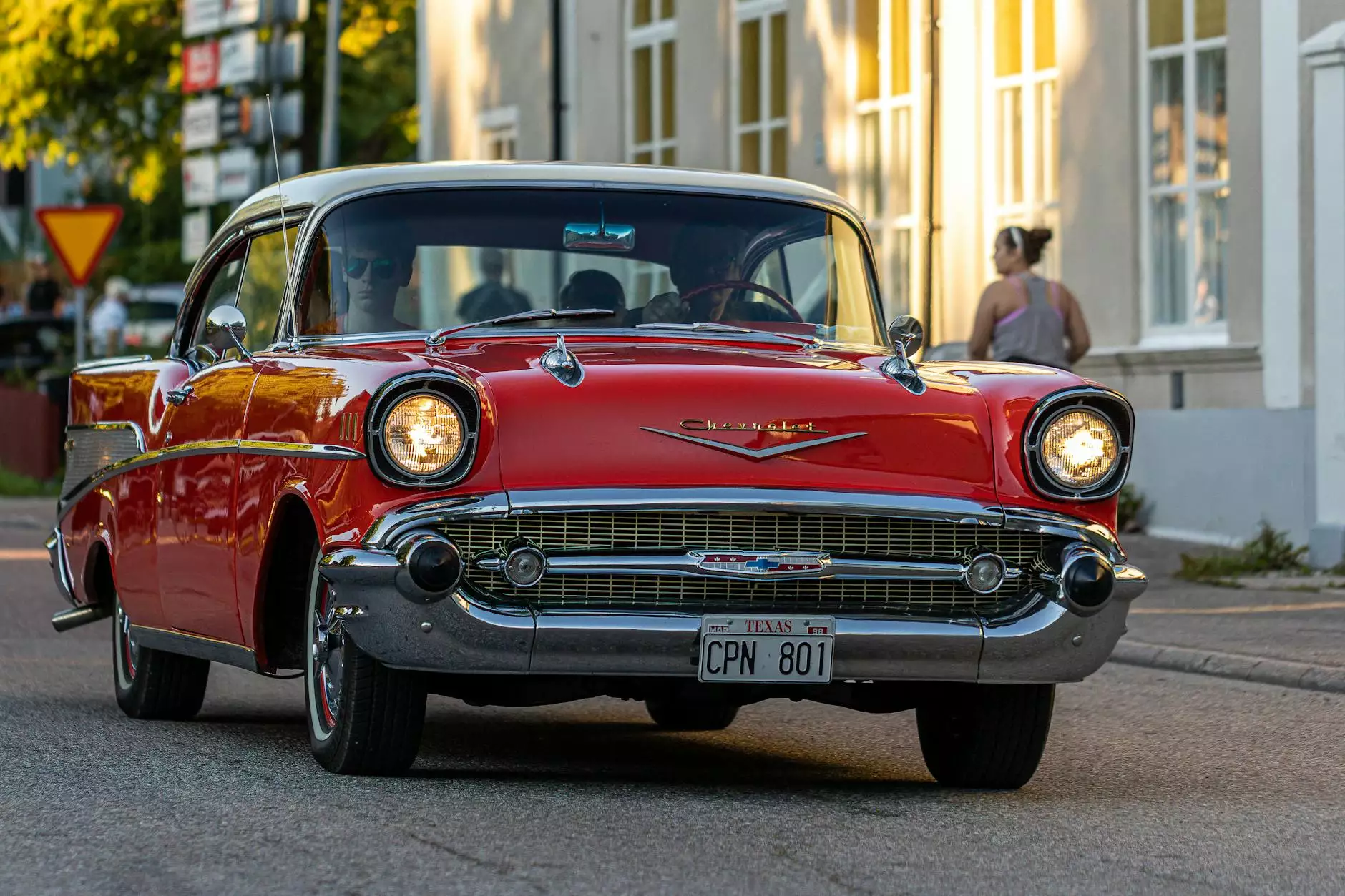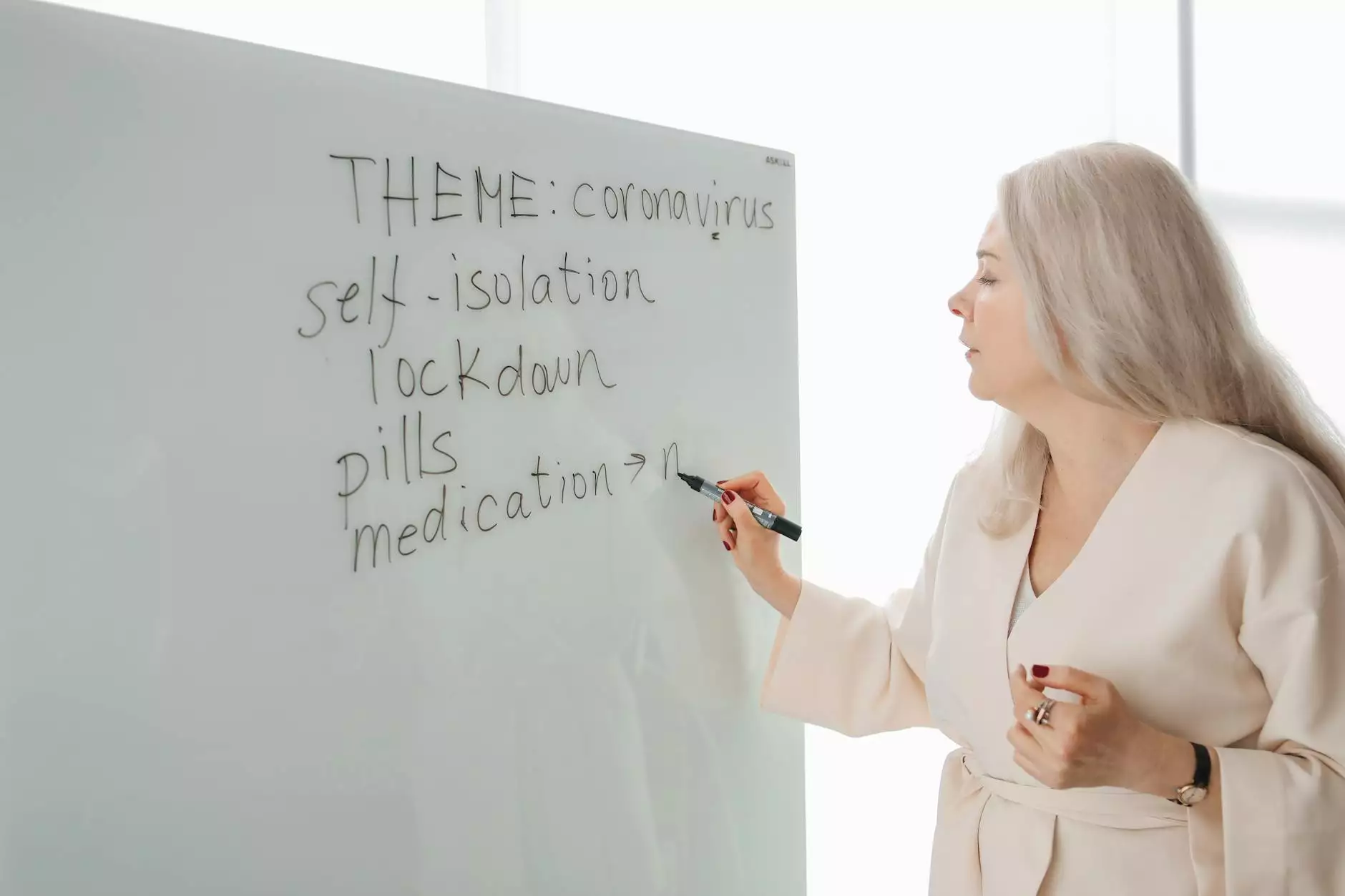A Comprehensive Guide to Police Interview Questions

Introduction
Aspiring to join the law enforcement field? Preparing for a police interview is an essential step towards achieving your goal. The interview process can be rigorous, and having a clear understanding of commonly asked police interview questions is crucial to your success.
The Importance of Proper Preparation
Preparing for a police interview requires more than just dressing appropriately and presenting yourself professionally. It involves being prepared to answer a wide range of questions relating to law enforcement. A well-prepared candidate who can confidently respond to a variety of questions stands a higher chance of impressing the interviewers and securing the position.
Commonly Asked Police Interview Questions
Below, we've compiled a list of commonly asked police interview questions that you should be ready to answer:
1. Can you tell us about yourself and why you want to join the police force?
This question is often used to assess your motivation and understanding of the role. Highlight relevant experiences, skills, and your strong desire to serve and protect the community.
2. How do you handle stressful situations and make decisions under pressure?
The law enforcement field can be highly demanding, requiring individuals who can remain calm and think clearly during stressful situations. Provide specific examples from your past experiences where you demonstrated these qualities.
3. How would you de-escalate a conflict or diffuse a tense situation?
Conflict resolution skills are essential for police officers. Showcase your ability to communicate effectively, listen actively, and resolve conflicts diplomatically. Provide examples from your past experiences that demonstrate your proficiency in this area.
4. How do you prioritize tasks and manage your time efficiently?
Police officers often face numerous tasks simultaneously. Demonstrate your ability to prioritize tasks effectively, manage time efficiently, and meet deadlines. Share strategies and examples that showcase your strong organizational skills.
5. Describe a situation where you had to work as a part of a team. What was your role, and how did you contribute?
Collaboration is vital in the law enforcement field. Provide an example from your past experiences where you worked successfully as part of a team. Emphasize your role, your contribution, and the positive outcomes achieved together.
6. How would you handle a situation where you witness a fellow officer displaying unethical behavior?
Police integrity is of utmost importance. Discuss the actions you would take to uphold ethical standards and report any misconduct. Show your commitment to maintaining the public's trust and ensuring the integrity of the law enforcement profession.
7. What steps would you take to establish a positive relationship with the community?
Building community relations is crucial for police officers. Explain your approach to community engagement, such as organizing outreach programs, attending community meetings, and establishing open lines of communication. Highlight the importance of trust-building and collaboration.
8. How do you stay updated on current laws, regulations, and law enforcement practices?
Law enforcement is constantly evolving, and staying up-to-date with the latest practices is essential. Discuss your commitment to ongoing professional development, such as attending training sessions, workshops, and staying informed through reputable sources.
9. Describe a time when you faced a challenging situation and had to think creatively to find a solution.
Law enforcement often requires quick thinking and problem-solving abilities. Share an example from your past experiences where you encountered a challenging situation and effectively utilized creative thinking to overcome it. Highlight the positive outcome achieved through your problem-solving skills.
10. How do you handle criticism or feedback?
Receiving feedback is common in any profession, and law enforcement is no exception. Illustrate your ability to receive constructive criticism positively and make necessary improvements. Emphasize your commitment to personal growth and learning through feedback.
Conclusion
Preparing for a police interview is a critical step in your journey towards a career in law enforcement. By familiarizing yourself with commonly asked police interview questions and crafting well-thought-out responses, you enhance your chances of securing the position you desire. Remember, preparation is key, and showcasing your skills, experiences, and motivations effectively will help you stand out from the competition.
police question


